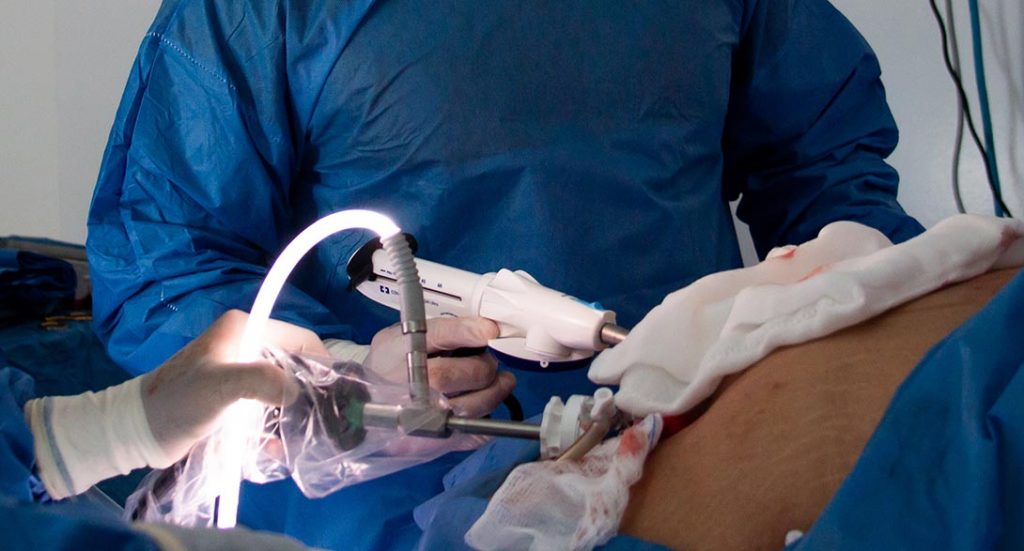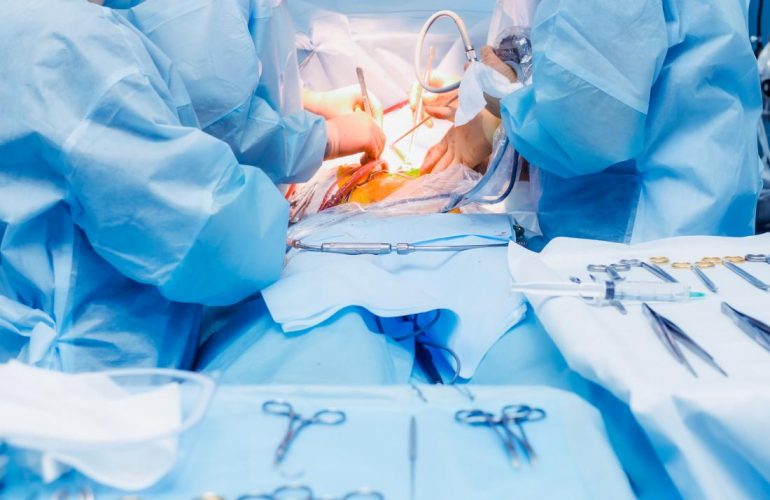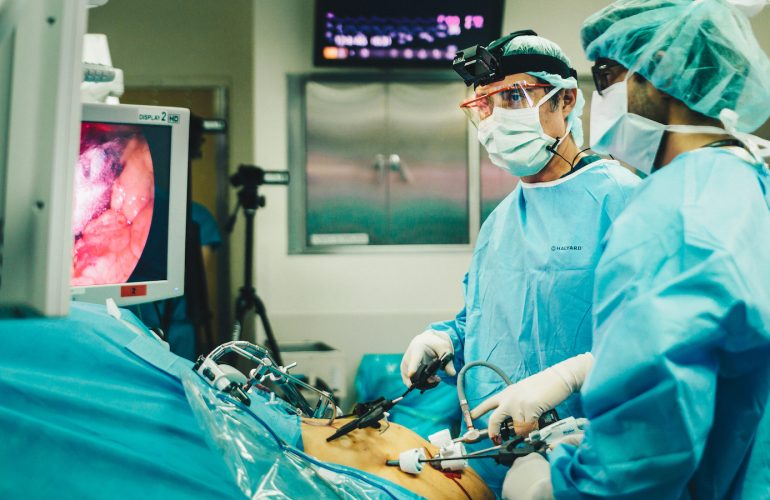The Importance of Timely Appendix Removal: Avoiding Complications
Introduction: Understanding the Appendix and Its Functions
The human body is a complex and intricate system, with each organ playing a crucial role in maintaining overall health. One such organ that often goes unnoticed until it becomes problematic is the appendix. Tucked away in the lower right abdomen, the appendix is a small, tube-like structure attached to the large intestine. While its exact function remains a subject of debate among scientists, it is widely believed to play a role in the immune system.
Despite its mysterious purpose, the appendix can become a source of significant health issues if not properly cared for. One of the most common and potentially life-threatening conditions associated with the appendix is appendicitis. Recognizing the signs of appendicitis and taking timely action can be crucial in preventing severe complications.
Signs of Appendicitis: Recognizing the Symptoms Early
Appendicitis occurs when the appendix becomes inflamed, usually due to an obstruction in the appendix’s opening, leading to bacterial infection. Recognizing the symptoms of appendicitis is essential for early intervention. The classic signs include abdominal pain that starts near the navel and shifts to the lower right abdomen, accompanied by nausea, vomiting, loss of appetite, and fever.
If left untreated, appendicitis can progress rapidly, leading to a higher risk of rupture. Timely detection and intervention are key to preventing further complications.
Timely Removal Benefits: Preventing Rupture and Infection
The primary treatment for appendicitis is the surgical removal of the appendix, known as an appendectomy. Timely removal is crucial in preventing the appendix from rupturing, which can result in the release of infectious materials into the abdominal cavity. A ruptured appendix can lead to a more severe condition called peritonitis, causing widespread infection and inflammation.
By opting for timely appendix removal, patients can significantly reduce the risk of complications associated with a ruptured appendix. Surgical intervention at the early stages of appendicitis ensures a smoother recovery process and minimizes the potential for long-term health issues.
Complications of Delayed Treatment: Risks and Consequences
Delaying the treatment of appendicitis can have severe consequences. As the inflammation progresses, the likelihood of the appendix rupturing increases, posing a higher risk of peritonitis and other complications. In some cases, delayed treatment may lead to the formation of abscesses or the spread of infection to nearby organs.
Moreover, the recovery process becomes more challenging and prolonged when appendicitis is not addressed promptly. Patients may experience extended hospital stays, increased pain, and a higher likelihood of postoperative complications.
Surgical Procedure: What to Expect During Appendix Removal
The appendectomy procedure is a common and relatively straightforward surgery. It can be performed using traditional open surgery or minimally invasive laparoscopic techniques. During the surgery, the inflamed appendix is removed, and the abdominal cavity is thoroughly cleaned to prevent the spread of infection.
Patients undergoing an appendectomy can generally expect a swift recovery, especially when the surgery is performed in the early stages of appendicitis. Minimally invasive techniques often result in smaller incisions, less postoperative pain, and a quicker return to normal activities.
Recovery Process: Post-Surgery Care and Rehabilitation
After an appendectomy, proper post-surgery care is crucial for a smooth recovery. Patients are advised to follow their surgeon’s recommendations regarding activity restrictions, medication, and dietary changes. Adequate rest and attention to incision care are essential in preventing infections and promoting healing.
While recovery times may vary, most individuals can return to their normal activities within a few weeks. Following the prescribed rehabilitation plan ensures that the body heals properly and reduces the risk of complications.
Conclusion: Emphasizing the Importance of Timely Action
The appendix may be a small and seemingly insignificant organ, but when it comes to appendicitis, its impact on health can be profound. Recognizing the signs of appendicitis and taking prompt action by opting for timely appendix removal is crucial in preventing complications.
From avoiding the risk of a ruptured appendix to ensuring a smoother recovery process, timely intervention plays a pivotal role in maintaining overall health. By understanding the importance of early detection and treatment, individuals can safeguard themselves from the potentially severe consequences of untreated appendicitis. Remember, when it comes to your health, time is of the essence.
![]()




